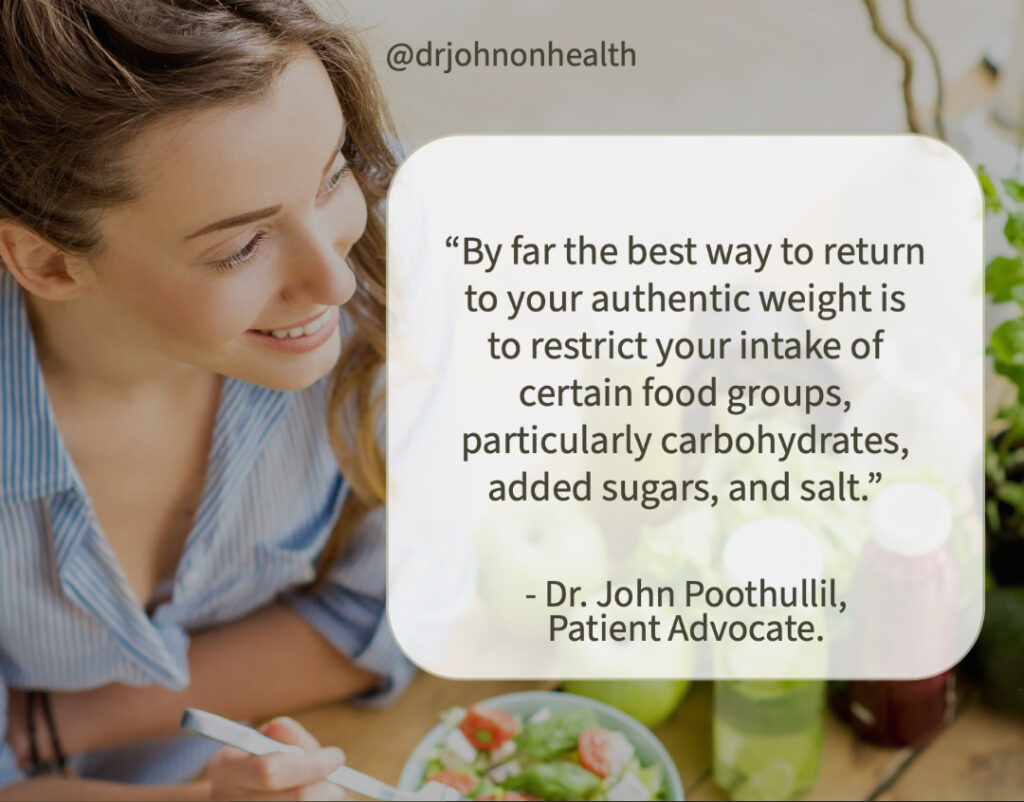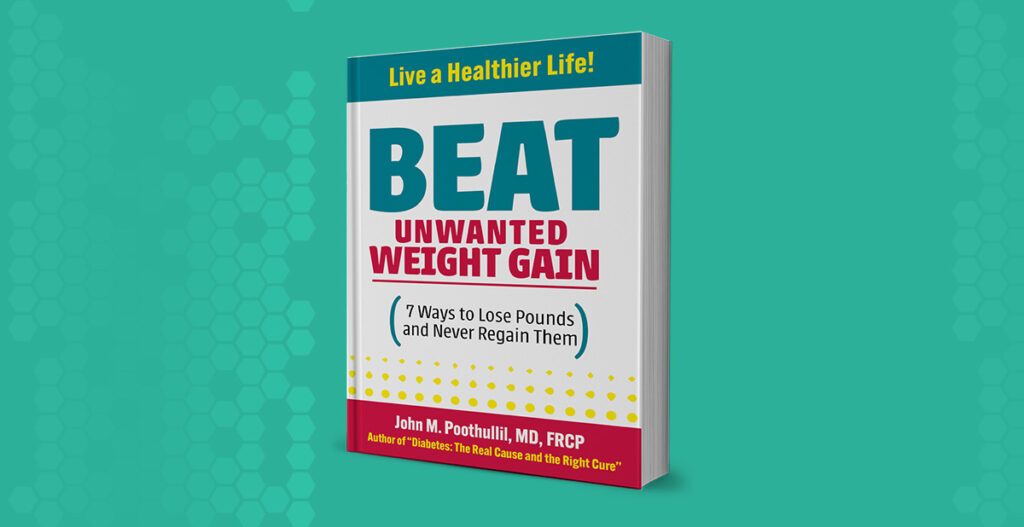This week, I am sharing an article on healthy boundaries with food. The article explores the feeling of enjoying a meal and pushing ourselves to finish just because it’s there, but learning when to stop eating can significantly improve our overall well-being. It was originally posted in the TheDailyMailUSA.
Your brain informs you when to stop eating during a meal. Paying attention to your “satisfaction” (also called “satiation”) signals is just as important as being aware of your hunger signals.
During a meal, the brain receives messages from the mouth, the stomach, the intestines, and the blood—all of which combine to help it assess when enough nutrients have been consumed to satisfy the demand for nutrition from the body’s cells.
Like hunger, satiation signals are highly dependent on your nutritional status. At some meals, you’ll need to consume a large quantity before you take in the available nutrients. At other times, your brain will be quickly satiated even after just a small amount—perhaps because you required fewer nutrients or the food was very rich in the missing substances.
The caveat is that it can take about 10 to 15 minutes for the communications from the mouth, stomach, intestines, and blood to combine strongly enough to trigger the brain into sending you the “stop eating, you’re full” message. This time lag creates an “overeating danger zone” for you. Out of habit, you continue overeating since your stomach doesn’t feel as complete as you’re accustomed to feeling before you stop eating.
Key Role of Chewing in Knowing to Stop Eating
Since it can take time for messages from the stomach, intestines, and blood to combine in the brain, which then shouts out, “Stop eating!”, you might be wondering how you can avoid overeating.
Believe it or not, nature has provided an obvious clue about when to stop eating that you probably have never noticed—and it takes place in your mouth. The taste buds and smell receptors play a significant role not only in eating enjoyment but also in warning you to stop eating.
When you’re hungry, the very first bites of food always taste delicious, giving you a powerful sense of enjoyment. As you chew, your teeth break the food into smaller particles, the molecules of which delight the taste buds, telling the brain what nutrients are in that food. Similarly, the smell receptors, using chemical sensing, receive molecules and send messages to the brain about the nutritional content of the food.
This is why the parental lecture to “chew your food” is more significant than you might have considered in the past. The more you chew your food, the smaller the particles your teeth will create. The smaller the particles, the more the food releases the molecules of nutrients that your taste buds and smell receptors use to assess the content of the food and communicate it to the brain.
You will notice that your sense of enjoyment in chewing the food starts to wane little by little, and at a certain point, each new bite of food you take no longer produces the same degree of enjoyment as the first bite. This loss of enjoyment is nature’s first (and significant) way of letting you know that you have consumed enough food to derive the necessary nutrients at this time. If you pay attention to the decrease in your enjoyment, it’s a clear tip-off that you’re approaching or have even reached the right moment to stop eating.

Mindful eating & Conscious Enjoyment
Paying attention to hunger and stop-eating signals is how to avoid excess weight gain. The next time you think you’re hungry, be sure to ask yourself if your desire to eat is truly a response to the hunger signal. If so, serve the food you normally have, eat slowly, chewing each bite of food well before swallowing it, and stop after about ten minutes to drink some water to cleanse your mouth.
Then start eating again. Do you still enjoy each bite of food and the first bites? If it does, continue to eat until you sense that loss of enjoyment. Once that happens, stop eating. Once you begin to recognize and feel all these satiation signals, you’re well on the way to regaining control of your overeating habits.
The author of the award-winning book, “Diabetes: The Real Cause and the Right Cure”, and Nationally Syndicated Columnist, Dr. John Poothullil, advocates for patients struggling with the effects of adverse lifestyle conditions.
Dr. John’s books, available on Amazon, have educated and inspired readers to take charge of their health. You can take many steps to make changes in your health, but Dr. John also empowers us that we must demand certain changes in our healthcare system as well. His latest book, “Beat Unwanted Weight Gain” reveals the seven most essential strategies for shedding pounds—and keeping them off for good. I
THE LAST WEIGHT LOSS BOOK YOU’LL EVER NEED IS LAUNCHING ON MARCH 3RD!!

Are you struggling to lose weight despite trying countless diets and exercise plans? Dr. John Poothullil, MD, FRCP, a renowned physician and researcher, unveils a refreshing, science-backed approach to weight management that challenges outdated weight loss myths and provides practical, sustainable solutions for lasting results with Beat Unwanted Weight Gain.
Based on decades of research into weight gain, obesity, and Type 2 diabetes, Dr. John presents seven powerful strategies to help you reconnect with your authentic weight. This natural, healthy weight best suits your body. This is not another fad diet; it’s a common-sense, science-based method to help you take control of your eating habits and break free from weight gain cycles.
What You’ll Learn:
✅ Reconnect with your body’s natural weight signals – Understand how to recognize true hunger and satisfaction cues.
✅ Break the cycle of overeating – Discover why you overeat and how to retrain your brain to stop when you’ve had enough.
✅ Change deep-rooted eating habits – Learn to shop smarter, navigate restaurants, and resist food marketing traps.
✅ The truth about carbs – Uncover why excess consumption of grains (wheat, rice, corn, and flour-based foods) is the real culprit behind fat accumulation—not fat from meat or dairy.
✅ Adopt a balanced, mindful approach to eating – Diversify your diet, read food labels effectively, and moderate alcohol intake.
✅ Use exercise wisely – Stay active for health benefits without relying on exercise alone for weight loss.
A Life-Changing Perspective on Weight Loss
“This book will be life-changing for anyone struggling with weight gain or obesity,” says Dr. John Poothullil.
If you’re tired of restrictive diets and frustrating weight loss plateaus, Beat Unwanted Weight Gain will give you the tools and knowledge to take charge of your health—without deprivation or extreme measures. Available on March 3, 2025.


